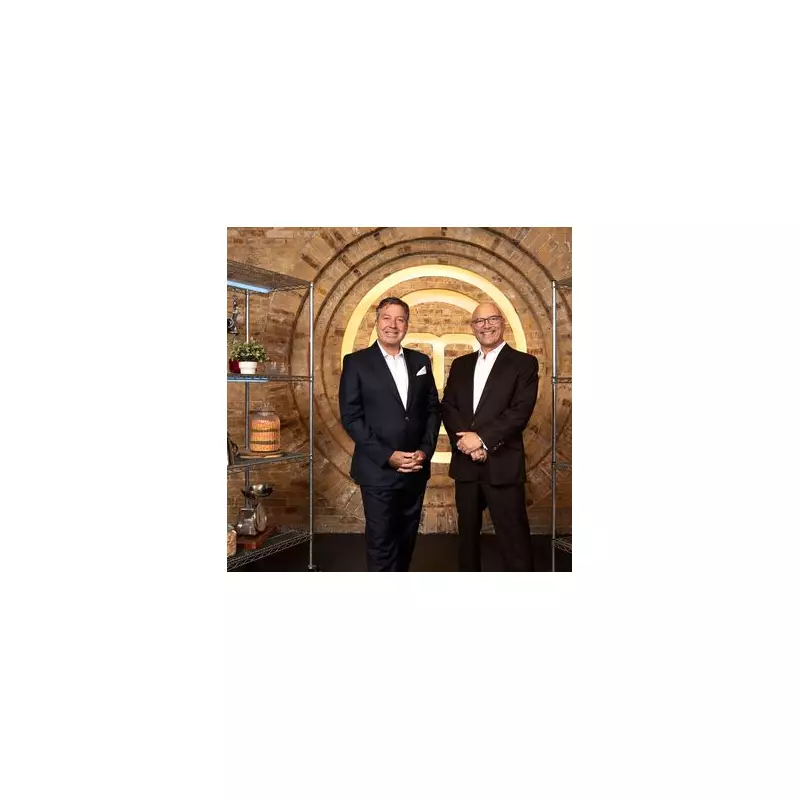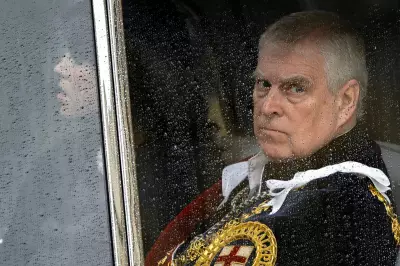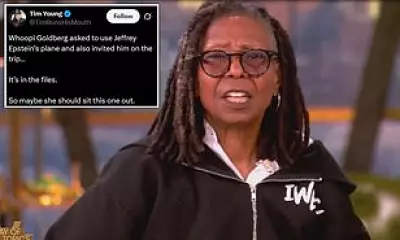
The BBC has taken decisive action on its flagship cooking show MasterChef, hiring specialist anti-bullying consultants following disturbing allegations about the programme's working environment. The move comes after multiple sources described a "toxic atmosphere" behind the cameras of the popular culinary competition.
According to reports, the corporation has brought in workplace behaviour experts to oversee production and ensure proper protocols are followed. This intervention follows claims from several contestants and crew members about bullying behaviour during filming.
Behind the Scenes Tensions
Insiders revealed that the high-pressure environment sometimes crossed professional boundaries, with some participants allegedly being reduced to tears due to the intense atmosphere. The show's demanding schedule and competitive nature were cited as contributing factors to the strained working conditions.
The BBC confirmed the appointment of consultants, stating: "We have a zero-tolerance policy over bullying and have robust measures in place for any complaints. We've also brought in independent specialists to provide additional oversight."
Industry-Wide Scrutiny
This development comes during increased scrutiny of working practices across the television industry. Reality shows in particular face growing pressure to ensure duty of care towards participants and crew members.
MasterChef, presented by John Torode and Gregg Wallace, remains one of the BBC's most successful formats, with numerous spin-offs including Celebrity MasterChef and Professional MasterChef. The show has launched countless culinary careers since its revival in 2005.
The production company, Shine TV, emphasized their commitment to welfare: "The wellbeing of everyone involved in MasterChef is our absolute priority. We have comprehensive support systems in place and continually review our processes."
This proactive approach demonstrates the television industry's evolving standards for workplace behaviour and duty of care, setting a new precedent for reality production standards in the UK.





